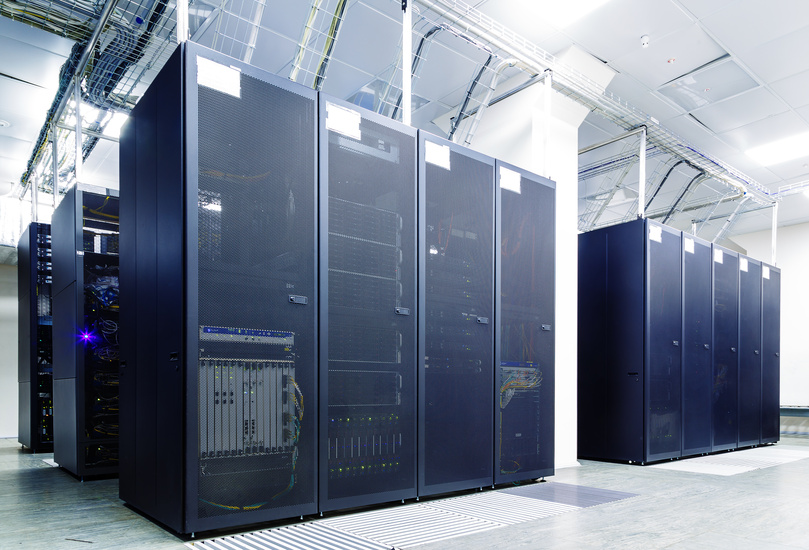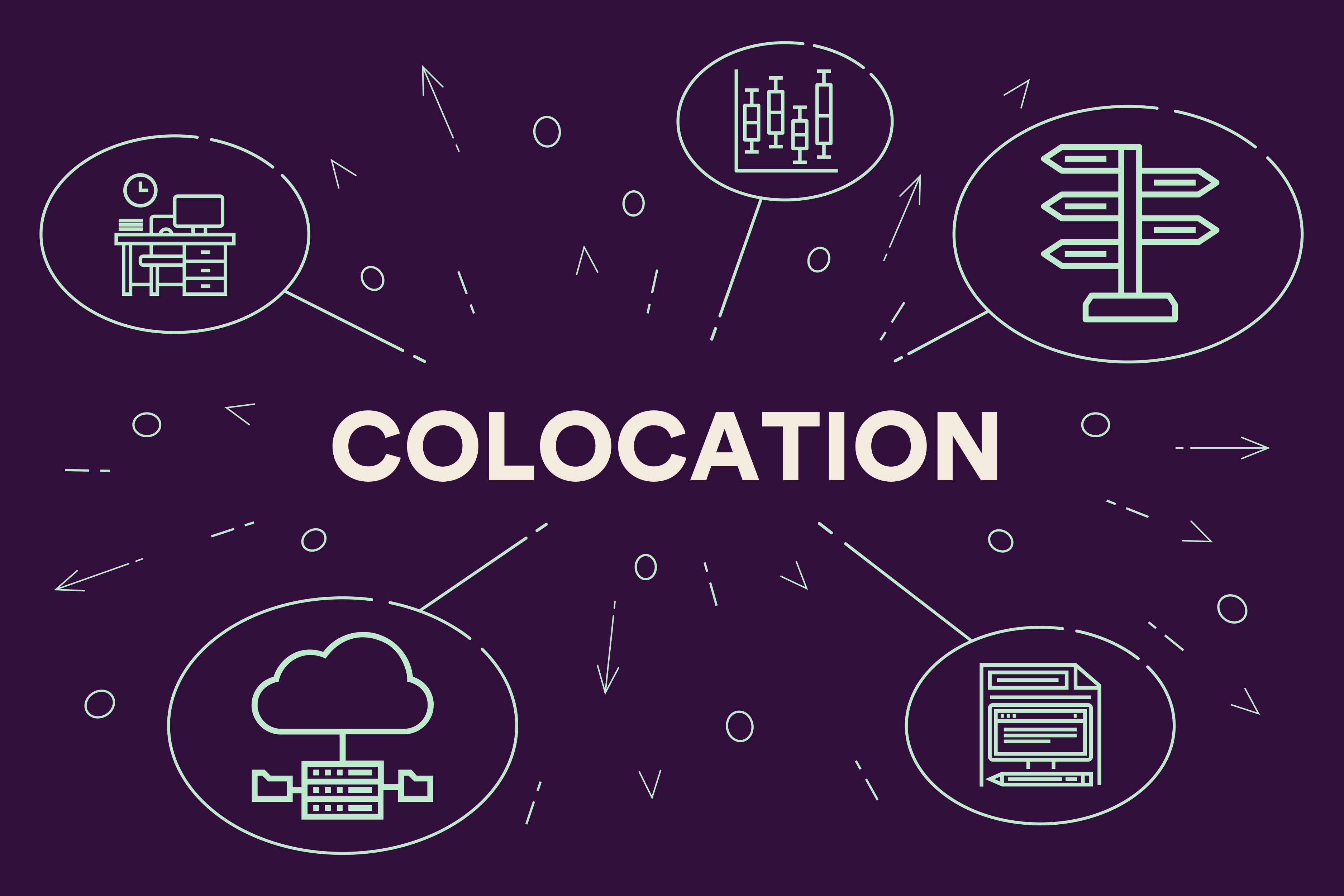The colocation industry, a pivotal aspect of modern IT infrastructure, is on the cusp of transformative changes as we enter 2024. Driven by technological advancements and evolving business needs, this sector is poised to witness revolutionary trends redefining how data is stored, managed, and secured. Energy Efficiency: The Green Revolution A significant trend shaping the…
Category: Colocation

Unlocking the Potential of Gaming with Colocation: LinkSecured’s Strategic Advantage
Gaming has emerged as one of the most dynamic and profitable industries in a world driven by technology and connectivity. With millions of gamers worldwide, the demand for seamless gameplay experiences is higher than ever. Game developers and publishers continually seek ways to enhance their infrastructure and reduce latency to meet this demand, which is…

Understanding Colocation Pricing: A Comprehensive Guide to Understanding Costs and Expectations
Welcome to our comprehensive guide to colocation pricing! As experienced data center technicians, we understand that navigating the intricacies of colocation costs can be overwhelming. Fear not, for we are here to demystify the pricing structure and suggest what to expect when exploring colocation solutions. So, let’s dive in and unravel the world of colocation…

Case Study: Successful Migration to a Colocation Data Center in Los Angeles
In today’s digital age, businesses constantly seek ways to optimize their IT infrastructure for improved performance, scalability, and security. One effective solution that has gained significant traction is migrating from an on-premises data center to a colocation data center. This case study explores a real-world example of a successful migration to a colocation data center,…

Colocation Cost Pricing Guide for Server Hosting
If you’re a business owner, you likely understand the importance of a reliable IT infrastructure. But managing servers and hardware on-premises can be costly and time-consuming. That’s where colocation comes in – a smart alternative that enables you to rent space in a secure facility provided by a third-party data center. You can keep ownership…

The Importance of DDoS Protection for Los Angeles Colocation Services and Beyond
Strong DDoS protection has become more critical as businesses increasingly move their IT infrastructure to colocation facilities. DDoS (distributed denial of service) attacks can seriously impede the functioning of your company, resulting in monetary loss, harm to your reputation, and even legal liability. This blog post will discuss the importance of DDoS protection for Los…

Maximizing Your IT Budget: How Colocation Can Save Your Business Time and Money
Are you tired of constantly worrying about your on-premises data center costs? Do you find yourself constantly struggling to keep up with the latest technologies and the increasing demands of your IT infrastructure? If so, it might be time to seriously consider getting co-location services. In this blog post, we’ll explore how colocation can save…

Understanding the Different Types of Colocation Services Available in the Market
One of the things you have to understand as a business owner is that maintaining your IT infrastructure can be difficult and time-consuming. In order to outsource their needs for data centers, many businesses are turning to colocation services. However, not every colocation service is the same. Retail Colocation: The Perfect Solution for Small and Medium-Sized…

Real-life Examples of How Colocation Data Centers Saved Businesses Time and Money
As businesses grow, so does their need for data storage and processing. With the rise of cloud computing, colocation data centers have become a popular solution for companies looking to outsource their IT infrastructure. This post will explore real-world examples of how colocation data centers have helped businesses save time and money. Case Study 1:…

Uncovering the History of Colocation
Colocation, or “co-location hosting”, is a type of web hosting service that has become an increasingly popular way to host and manage data over the internet. But what exactly is colocation and how did it develop? Let’s take a look at the history of co-location services and explore how they have evolved throughout the years….

